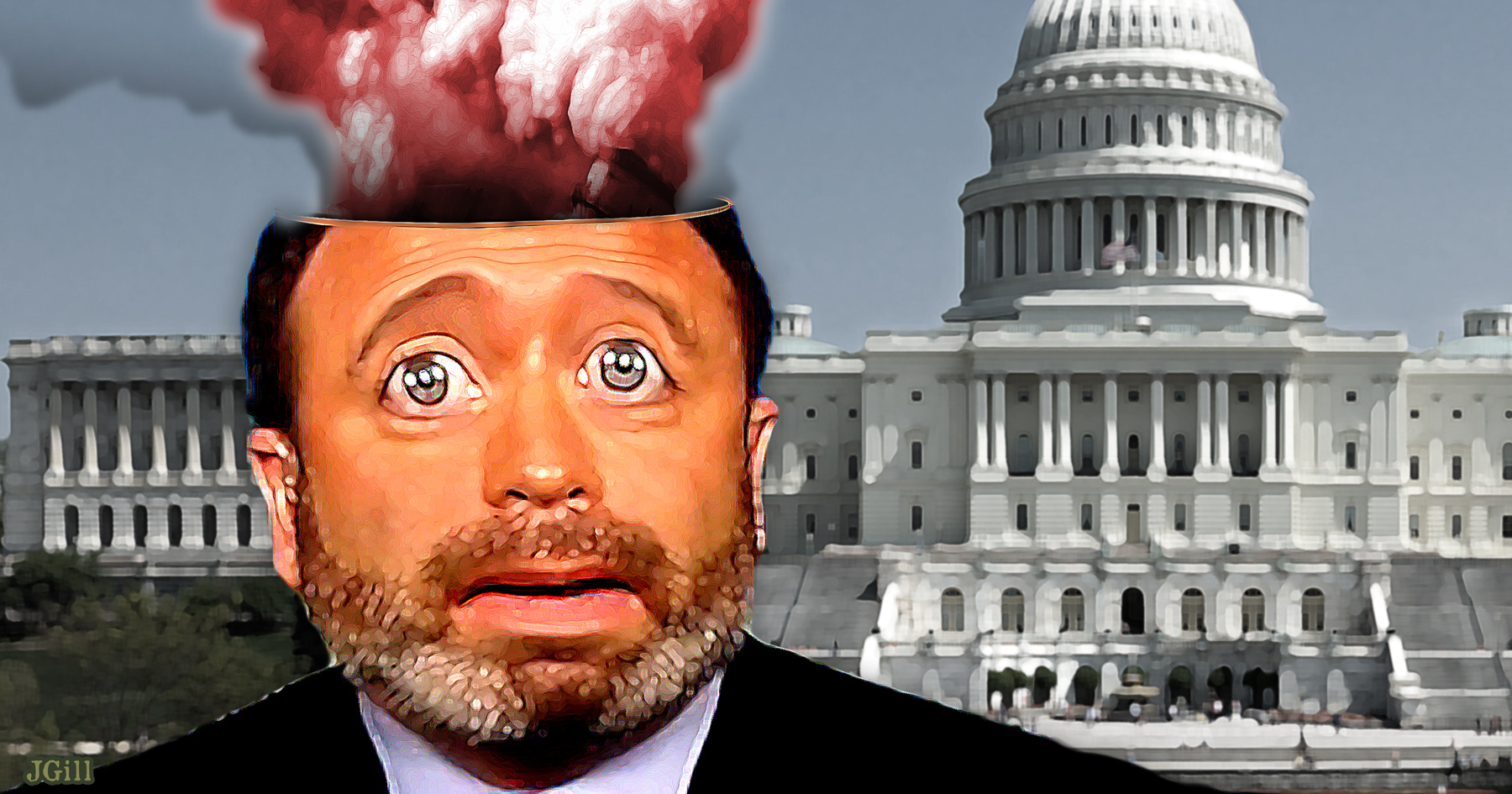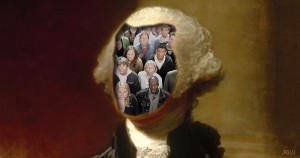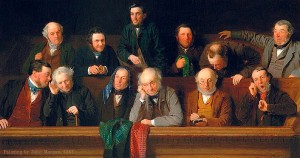Something happened 800 years ago yesterday, something of note.
The much-loathed and legendary — but real-life — King John signed a document with his barons that limited his power. It was later called the “Magna Carta,” the great charter.
Strange history. It was signed, made a big deal of, and then quickly repudiated. But it was never completely dead, possessing a zombie afterlife, and eventually helping give birth to the Enlightenment idea of limited government, as well as to the United States Constitution.
Most of the document is concerned with the king’s relationship with his subordinate (and insubordinate) barons. There’s a lot of power-wrangling in it, it’s all about divvying up prerogatives and responsibilities and taxes and fees. But it does contain a few passages of note (I’ve listed them on my “Today in Freedom” feature, in the past, and revive one for today’s).
My friend Sheldon Richman quotes scholar John Millar (1735 – 1801), one of Adam Smith’s most illustrious students, to put the document in its best perspective: “A great tyrant on the one side, and a set of petty tyrants on the other, seem to have divided the kingdom … who, by limiting the authority of each other over their dependents, produced a reciprocal diminution of their power.”
They were selfish men, Millar notes, not much concerned with ordinary folk, “But though the freedom of the common people was not intended in those charters, it was eventually secured to them.…”
Britain and then America stumbled onto liberty — a general and shared freedom — by the jealousy of competing powers.
We, the people, win when our “rulers” are divided, not united.
This is Common Sense. I’m Paul Jacob.
Printable PDF













